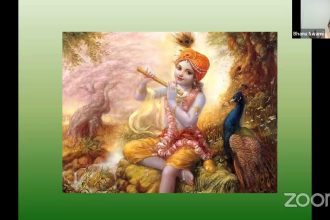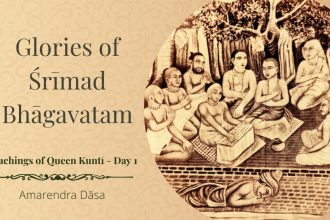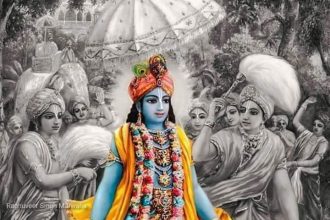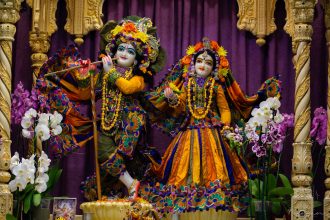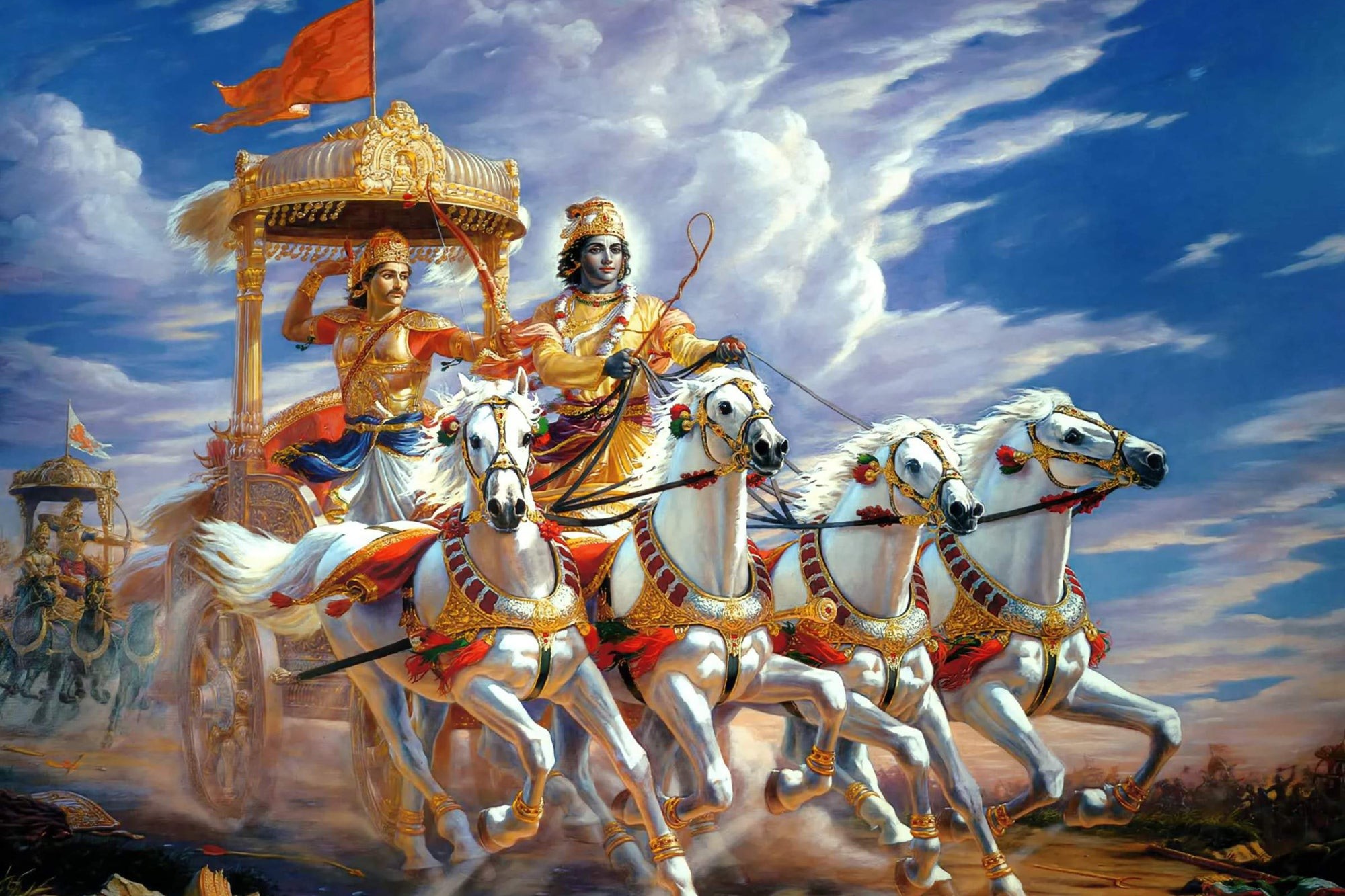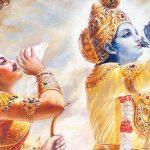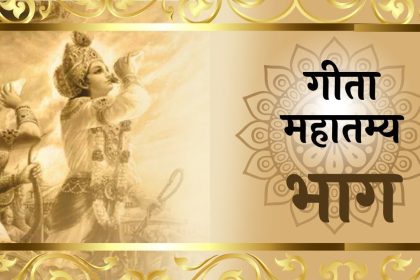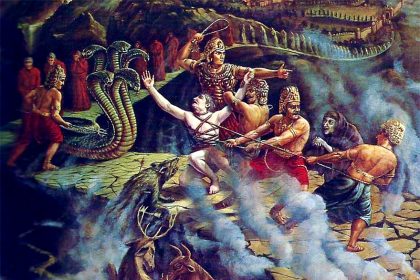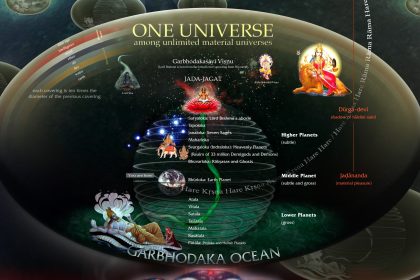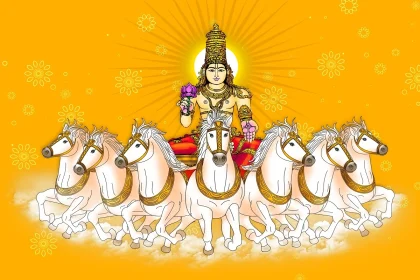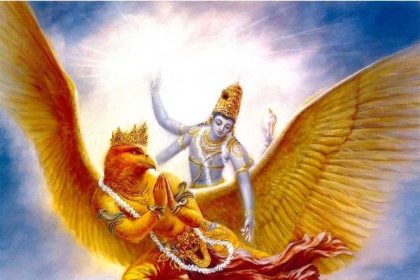TEXT 32
ātmaupamyena sarvatra
samaṁ paśyati yo ‘rjuna
sukhaṁ vā yadi vā duḥkhaṁ
sa yogī paramo mataḥ
SYNONYMS
ātma—with his self; aupamyena—by comparison; sarvatra—everywhere; samam—equally; paśyati—sees; yaḥ—he who; arjuna—O Arjuna; sukham—happiness; vā—or; yadi—if; vā—or; duḥkham—distress; saḥ—such; yogī—a transcendentalist; paramaḥ—perfect; mataḥ—is considered.
TRANSLATION
He is a perfect yogī who, by comparison to his own self, sees the true equality of all beings, in both their happiness and their distress, O Arjuna!
PURPORT
One who is Kṛṣṇa conscious is a perfect yogī; he is aware of everyone’s happiness and distress by dint of his own personal experience. The cause of the distress of a living entity is forgetfulness of his relationship with God. And the cause of happiness is knowing Kṛṣṇa to be the supreme enjoyer of all the activities of the human being, the proprietor of all lands and planets, and the sincerest friend of all living entities. The perfect yogī knows that the living being who is conditioned by the modes of material nature is subjected to the threefold material miseries due to forgetfulness of his relationship with Kṛṣṇa. And because one in Kṛṣṇa consciousness is happy, he tries to distribute the knowledge of Kṛṣṇa everywhere. Since the perfect yogī tries to broadcast the importance of becoming Kṛṣṇa conscious, he is the best philanthropist in the world, and he is the dearest servitor of the Lord. Na ca tasmān manuṣyeṣu kaścin me priya-kṛttamaḥ (Bg. 18.69). In other words, a devotee of the Lord always looks to the welfare of all living entities, and in this way he is factually the friend of everyone. He is the best yogī because he does not desire perfection in yoga for his personal benefit, but tries for others also. He does not envy his fellow living entities. Here is a contrast between a pure devotee of the Lord and a yogī interested only in his personal elevation. The yogī who has withdrawn to a secluded place in order to meditate perfectly may not be as perfect as a devotee who is trying his best to turn every man toward Kṛṣṇa consciousness.
TEXT 33
arjuna uvāca
yo ‘yaṁ yogas tvayā proktaḥ
sāmyena madhusūdana
etasyāhaṁ na paśyāmi
cañcalatvāt sthitiṁ sthirām
SYNONYMS
arjunaḥ uvāca—Arjuna said; yaḥ ayam—this system; yogaḥ—mysticism; tvayā—by You; proktaḥ—described; sāmyena—generally; madhu-sūdana—O killer of the demon Madhu; etasya—of this; aham—I; na—do not; paśyāmi—see; cañcalatvāt—due to being restless; sthitim—situation; sthirām—stable.
TRANSLATION
Arjuna said: O Madhusūdana, the system of yoga which You have summarized appears impractical and unendurable to me, for the mind is restless and unsteady.
PURPORT
The system of mysticism described by Lord Kṛṣṇa to Arjuna beginning with the words śucau deśe and ending with yogī paramaḥ is here being rejected by Arjuna out of a feeling of inability. It is not possible for an ordinary man to leave home and go to a secluded place in the mountains or jungles to practice yoga in this Age of Kali. The present age is characterized by a bitter struggle for a life of short duration. People are not serious about self-realization even by simple, practical means, and what to speak of this difficult yoga system, which regulates the mode of living, the manner of sitting, selection of place, and detachment of the mind from material engagements. As a practical man, Arjuna thought it was impossible to follow this system of yoga, even though he was favorably endowed in many ways. He belonged to the royal family and was highly elevated in terms of numerous qualities; he was a great warrior, he had great longevity, and, above all, he was the most intimate friend of Lord Kṛṣṇa, the Supreme Personality of Godhead. Five thousand years ago, Arjuna had much better facilities than we do now, yet he refused to accept this system of yoga. In fact, we do not find any record in history of his practicing it at any time. Therefore this system must be considered generally impossible in this Age of Kali. Of course it may be possible for some very few, rare men, but for the people in general it is an impossible proposal. If this were so five thousand years ago, then what of the present day? Those who are imitating this yoga system in different so-called schools and societies, although complacent, are certainly wasting their time. They are completely in ignorance of the desired goal.


